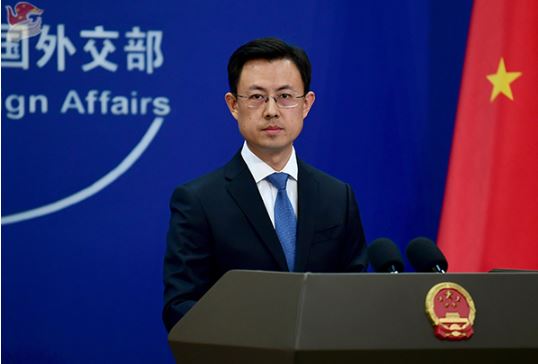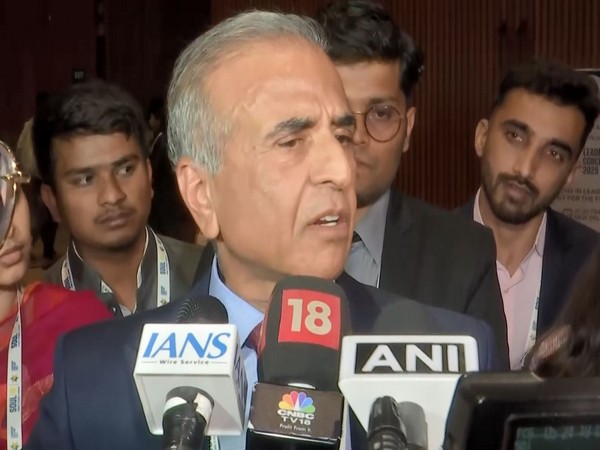
Beijing [China], September 27 (ANI): China‘s State Council on Sunday scrapped the three laws related to family planning policies, including laws on family planning, work for the migrant population social maintenance fees and technical services for family planning.
The three laws are scrapped by the Chinese government in order to adapt to the country’s new situation on population, economic, social development, optimize the fertility policy promote long-term balanced population development, said the official release, Global Times reported.
The regulations which are scrapped by the Chinese government– the Regulation on the Administration of Family Planning Technical Services (enacted in 2001 and revised in 2004), Measures for Administration of Collection of Social Maintenance Fees (enacted in 2002), and Regulation on the Administration of Family Planning Technical Services (enacted in 2009).
All these regulations were created and enforced by the government during China‘s one-child policy period.
This move comes after China‘s National People’s Congress Standing Committee passed an amendment to the Population and Family Planning Law, which allows each couple to have three children and stipulates support measures for the new policy, reports Global Times.
The repeal of these regulations is a complementary change to the August revision of the family planning law, said, experts. “The corresponding old regulations do not meet the provisions of the new law, so they must be modified or repealed,” said Global Times quoting He Yafu, an independent demographer. “The Population and Family Planning Law is the higher law, while these three regulations belong to the lower law. The lower law cannot violate the higher law, hence the revocation,” Yafu said.
For decades, China‘s family planning restrictions empowered the authorities to compel hundreds of millions of Chinese women to have abortions or undergo sterilisation operations in order to control the population. China‘s birth rate had been falling rapidly since the introduction of the one-child policy, more than 40 years ago, which limited couples to one baby in order to alleviate poverty and stem a population boom. (ANI)






